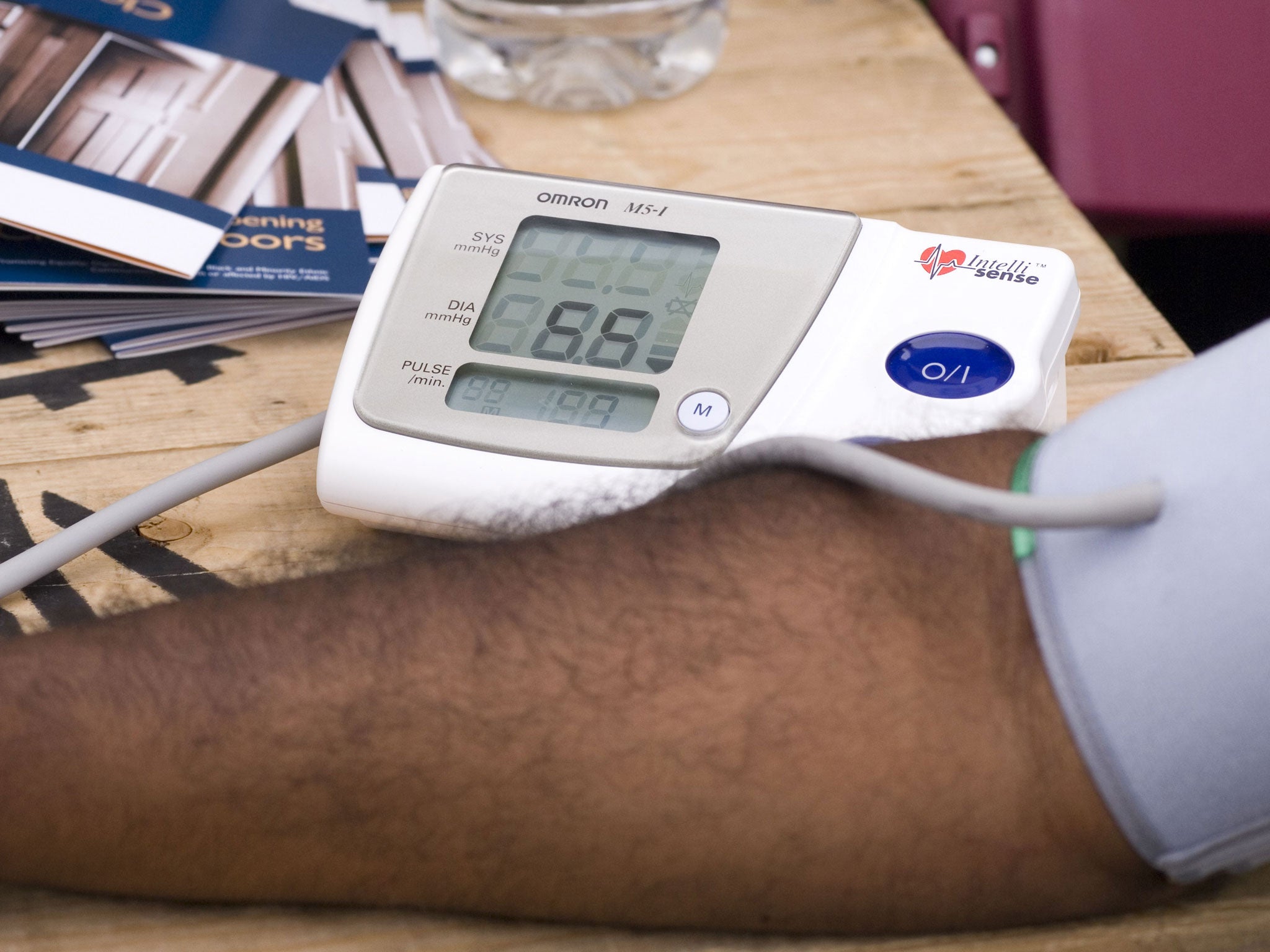Jeremy Hunt urges over-40s to take advantage of free NHS checks

More than 650 lives a year could be saved, as well as thousands of diabetes cases and heart attacks avoided, if 40- to 74-year-olds took up NHS checks, the Health Secretary has said.
Jeremy Hunt made the comments yesterday after a Public Health England (PHE) review said checking blood pressure, cholesterol, weight and lifestyles in that age group could identify problems earlier and prevent 650 deaths, 1,600 heart attacks and 4,000 diabetes cases a year.
Before local authorities took over responsibility for commissioning the checks in April, there was considerable variation in how widely they were offered, the report said. But PHE, which leads the NHS health check programme, launched a 10-point plan to help councils provide them to 20 per cent of their eligible populations a year – equivalent to 15 million people – by 2018/19.
Mr Hunt said: “About 15 million people in England are eligible for a free NHS health check that could identify serious conditions early and add years to their life. I’d like to see all 40- to 74-year-olds taking up this potentially life-saving opportunity. And I’d like to see the NHS and local authorities encouraging people in their area to get involved. We could save 650 lives a year if there was full take-up. We are an ageing population, and thinking about our health early is vital to living a long and prosperous life.”
Professor Kevin Fenton, PHE’s director of health and well-being, said the push would help to tackle health inequality. “We must do more to increase uptake and referral to appropriate risk-management services, particularly in those communities at greatest risk, to remove blocks in processes that get in the way and make sure the programme is of consistent high quality across the country,” he said.
“We will establish an expert clinical and scientific advisory panel to review and advise on the evidence base and we will work with partners to develop a research and analysis programme to support the delivery and evaluation of the programme at both local and national levels.”
Between 2010 and 2020, the number of people aged 65 and over is expected to rise by 27 per cent, with those aged 85 and over rising by 44 per cent.
Subscribe to Independent Premium to bookmark this article
Want to bookmark your favourite articles and stories to read or reference later? Start your Independent Premium subscription today.

Join our commenting forum
Join thought-provoking conversations, follow other Independent readers and see their replies